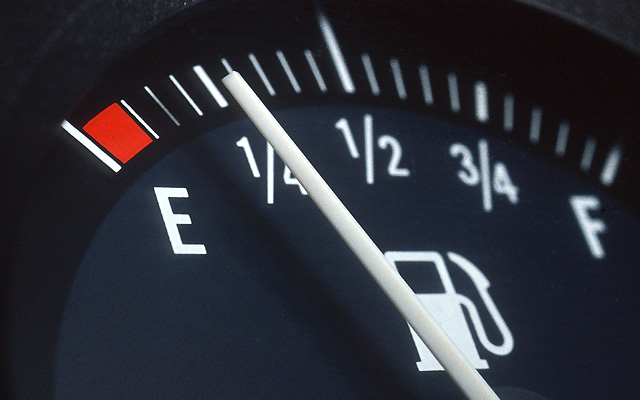Fuel Consumption: How to Save Money and the Environment
Fuel consumption is a term that refers to the amount of fuel used by a vehicle or machine. The amount of fuel used is determined by various factors such as the vehicle's make and model, driving conditions, and the driver's habits. Fuel consumption is a significant concern for many people, as it has an impact on both the environment and one's wallet. In this article, we will provide you with tips for reducing your fuel consumption, saving you money, and reducing your carbon footprint.
Understand Your Vehicle
The first step in reducing fuel consumption is understanding your vehicle. Different vehicles have different fuel efficiency rates, and it is essential to know how much fuel your vehicle uses per mile. This information is typically available in the vehicle's owner's manual or can be found online. Additionally, be aware of your vehicle's weight, as heavier vehicles require more fuel to move.
Reduce Drag
Reducing drag is a simple yet effective way of reducing fuel consumption. Drag is the force that opposes the motion of a vehicle, and reducing it can help improve fuel efficiency. Some ways to reduce drag include removing unnecessary roof racks, closing windows when driving on the highway, and removing items from the vehicle that can create wind resistance.
Drive Smoothly
Your driving habits can significantly impact fuel consumption. Avoid hard accelerations and sudden braking, as these actions can significantly increase fuel consumption. Instead, aim for smooth and gradual accelerations and decelerations. It is also important to maintain a consistent speed when driving on the highway, as frequent speed changes can increase fuel consumption.
Keep Tires Properly Inflated
Properly inflated tires can significantly improve fuel efficiency. When tires are underinflated, they create more rolling resistance, which increases fuel consumption. To avoid this, check your tire pressure regularly and ensure that they are properly inflated. Also, ensure that the tires are balanced and aligned, as misaligned tires can also impact fuel consumption.
Use the Correct Fuel
Using the correct fuel for your vehicle is essential for reducing fuel consumption. Most vehicles require regular unleaded gasoline, but some require premium or mid-grade gasoline. Using a higher grade fuel than required can increase fuel consumption and cost you more money. On the other hand, using a lower grade fuel can cause engine damage and reduce fuel efficiency.
Reduce Idle Time
Leaving your vehicle idling can waste fuel and increase emissions. If you are stopped for more than 30 seconds, turn off your engine to save fuel. This applies to situations such as waiting in a drive-thru or waiting for someone to get into the car.
Plan Your Trips
Planning your trips can help you reduce fuel consumption. Avoid making unnecessary trips, and plan your route to avoid congested areas. Additionally, try to combine errands into one trip instead of making several trips throughout the day. This will save you time and fuel.
Use Cruise Control
Using cruise control can help you maintain a consistent speed when driving on the highway, accelerations and decelerations. This can significantly improve fuel efficiency, especially on long trips.
Reduce Air Conditioning Usage
Air conditioning can significantly impact fuel consumption, especially in hot weather. Try to reduce air conditioning usage by opening windows or using a sunshade to block the sun's rays. When using air conditioning, try to set it to a comfortable temperature rather than a colder temperature, as this can reduce fuel consumption.
Consider Alternative Transportation
Consider alternative transportation options such as biking, walking, or using public transportation. These options can significantly reduce your carbon footprint and save you money on fuel and vehicle maintenance. If you must use a car, consider carpooling with friends or coworkers to reduce fuel consumption.
In conclusion, fuel consumption is a significant concern for many people, as it has an impact on both the environment and one's wallet. By following the tips outlined in this article, you can reduce your fuel consumption, save money, and reduce your carbon footprint. Remember to understand your vehicle, reduce drag, drive smoothly, keep tires properly inflated, use the correct fuel, reduce idle time, plan your trips, use cruise control, and reduce air conditioning usage. By implementing these tips, you can become a more fuel-efficient and environmentally conscious driver.
Labels: automobile, Interesting, Technology


0 Comments:
Post a Comment
Subscribe to Post Comments [Atom]
<< Home